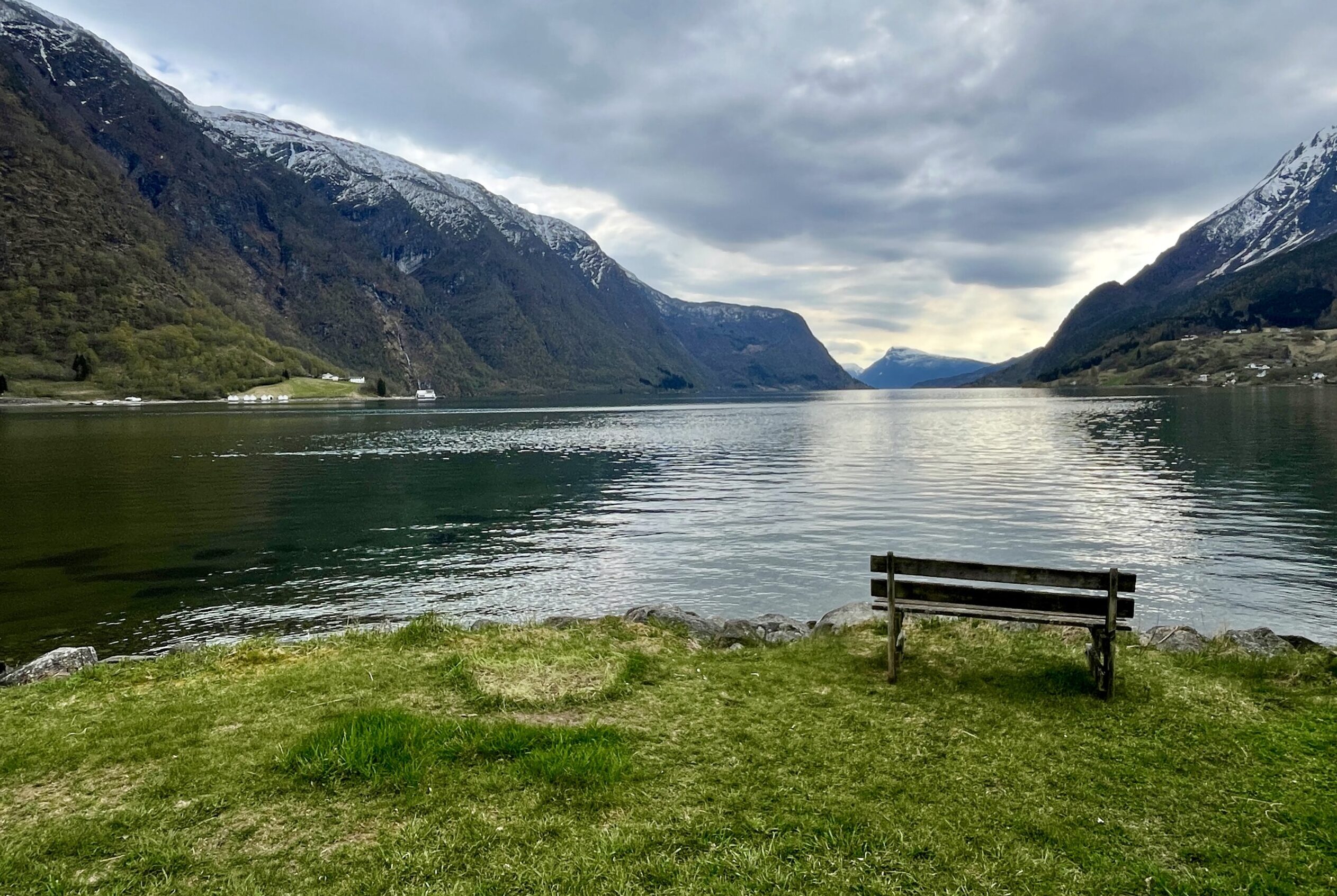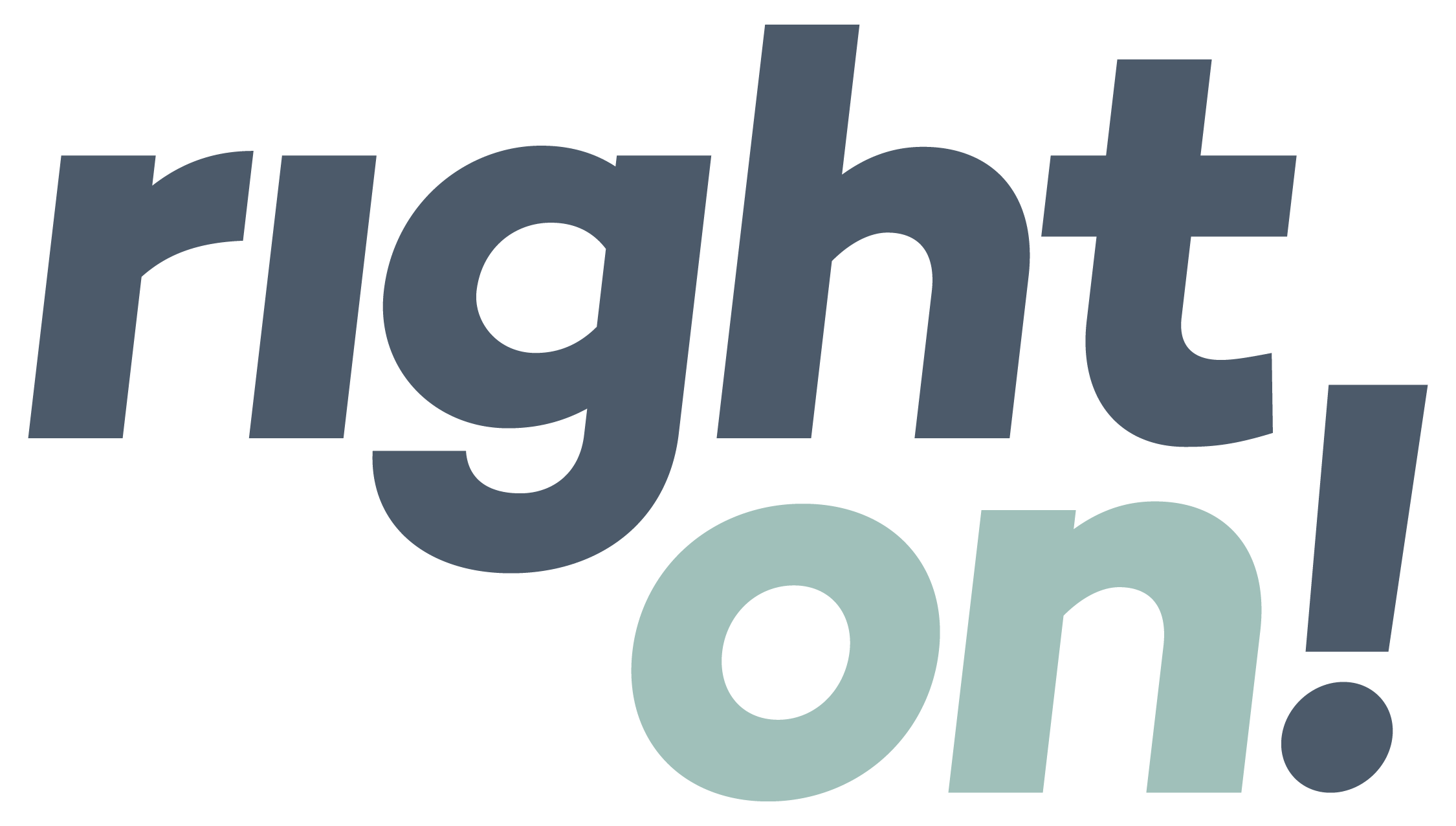
Can the climate crisis be funny?
The spoof ads and LinkedIn posts from Atmospheric Agency get me every time—with equal bits shocking horror and wicked humor. The premise of this pretend (but simultaneously convincingly real) ad agency is that the climate is changing but business shouldn’t have to. Their latest stint/stunt: pitching the biggest of Big Oil, Aramco. And they’re not ashamed. In fact, the bolder the fossil-fuel laden creative, the better. To go all in, they’re doubling down on their tagline, “Keeping the Fire BurningTM” with a pitch that’s satirical gold while laying bare the ugly truth: ad agencies are doing the dirty work of the fossil fuel industry.

Their concepts are DEFCON 1 level satire with the intent of shocking us to attention and drawing us into the climate conversation. And it’s not just the phony folks at Atmospheric getting in on the action.
We’re in serious trouble here on Planet Earth. But as a recent article in The New York Times says, “Climate change has a messaging problem.” It’s too technical, too unsolvable, too dystopian. The grim news has exhausted us. When we need people to care, Doomerism doesn’t help.
But can satire spur action?
In the ridiculous lies the obvious.
While Adam Mackay cemented his satirical genius status with his 2021 feature film “Don’t Look Up,” there are plenty of others using humor as a gateway to uncomfortable climate conversations. My favorite dose of daily satire comes from McSweeny’s Internet Tendency, where every topic is fodder for twisted humor. Riffing off a real stat from The Guardian that “at least 2,456 fossil fuel lobbyists have been granted access to the Cop28 climate negotiations,” essayist Eli Grober filed a report from a climate summit in support of Oil World. And if you don’t like a world covered in oil, there’s Gas Kingdom as an alternative. His point? A literal world covered in oil is a horrible, unlivable prospect, yet we’re already living it.
Hit them over the head with humor.
To stop people in their tracks, the creative folks at Zero Hour created a brilliant parody of Monty Python’s “What have the Romans ever done for us” bit with their short video, “TOADWATCH: What has nature ever done for us?” It’s sly in its approach coupled with head-hitting facts, an agitated motorist waiting for toads to cross the roads asks: “apart from sucking out the carbon, supplying us with oxygen, giving us soil to grow food, water to drink, solar energy to power things, bees that pollinate everything, and generally keeping us healthy, what has nature ever done for us?”
The video and post created quite a buzz on Earth Day, generating hundreds of reposts on LinkedIn to drum up support for the UK’s Climate and Nature Bill.
Applying a comedic approach to corporate communications.
This is where it gets tricky—because it’s less risky for artists and comedians to use their platform and creative talents to poke fun at our not-so-funny future. But for those of us working in corporate sustainability, where the challenges and solutions are no laughing matter, it’s a delicate balance. Still, I think we can take some cues from what the satirist are doing.
- Find appropriate channels to lighten the mood. This is probably not the sustainability page of your brand’s website. And it’s certainly not your report (unless that’s your brand personality). But maybe it’s a separate social channel directed towards a Gen Z audience, where you can inject some fun into key programs or initiatives.
- Create a partnership to support those already creating this content. Helping generate awareness and amplifying climate solutions is how satire can spur action. For filmmaker and founder of Climate Town Productions, Rollie Williams, “My ultimate goal is to inspire people to make systemic changes, rather than to try to recycle extra.”
- Watch your language. At the very least, avoid fear tactics. Studies have shown that people respond better to the emotional benefits of climate action as opposed to world-on-fire doom and gloom messaging, so let’s talk about that. Sustainability solutionist Solitaire Townsend wrote about leaning into happiness in a recent Forbes article, “We must allow climate solutions for the heart. There are so many more benefits if we build in how it feels to live with some green space, renewably powered, with neighbourhood resources in a world you’re not constantly reminded is going to burn.”
There’s power in humor. The climate crisis is dire, but what’s even more dire is finding ways to get people talking, caring, and acting. If that means a surprising them with a wink and a laugh, we’re in.
Our Most Recent Insights.
SEE ALL INSIGHTS →
Strategy
Make the truth memorable.
The stories we tell, and how we tell them, can help keep trolls and untruths at bay.

Storytelling
Why science needs stories.
By combining data with stories, we make meaning from information.

Strategy
How to talk climate with conservatives.
Many conservatives care deeply about the environment. They just talk about it differently.
